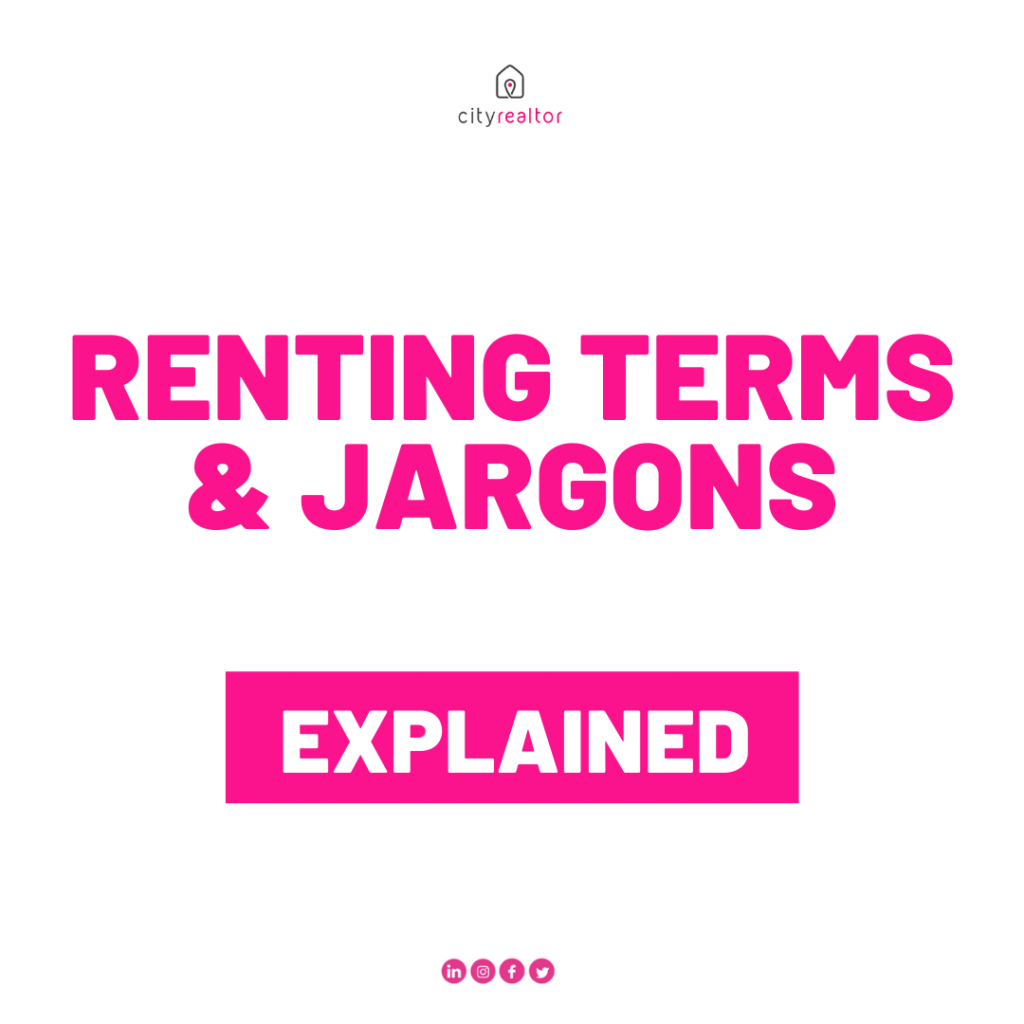
Property selling is not something most of us do every day, so choosing an estate agency to handle the sale might seem a little daunting.
Contrary to what you may think, not all agencies are the same and some will be more effective than others.
This guide will help you find a professional and pro-active agency that will sell your property for the best possible price.
How to Choose an Estate Agent
1. Traditional or online estate agency?
You first choice is the type of estate agency to use.
A traditional full-service estate agency will have an office that you can visit and will normally take care of every stage of the selling process in return for a fee when the sale goes through. They usually work on a no-sale, no-fee basis, so if the property doesn’t sell you shouldn’t be out of pocket.
Online agencies generally don’t have offices you can visit and usually charge an up-front fee to put a property on the market. There can be further charges if a sale takes place and you may need to deal with a lot of the selling process yourself.
As the overwhelming majority of sellers use traditional estate agencies this is what we look at in this guide.
2. To start with – make a shortlist of estate agents
Create a list of about six agents you would consider using. Ask friends and neighbours if they can recommend some. You will probably have seen agents’ For Sale boards, advertisements in the papers and promotional leaflets through your letterbox. Which ones catch your eye?
Take a stroll down your local high street and have a look in the agents’ windows. Which ones are smart and appealing? All estate agents must belong to an Ombudsman scheme for dealing with unresolved complaints. Some belong to an industry body such as the NAEA Propertymark (formally the National Association of Estate Agents) or RICS (Royal Institution of Chartered Surveyors).
All good agents should be operating to codes of conduct that will ensure you are dealt with professionally.
3. Narrow down the choices – take a closer look
Now find out more about the firms on your list. Look at their websites. There may be information about the company, staff, range of services and perhaps some comments from customers. Look at the properties they are listing for sale. Are they similar to yours and presented with good quality photographs, floor plans and clear information? Would you be happy to see your property on there?
Check that the agent advertises properties on at least one major property portal. You should now be able to narrow down your list to two or three agents that can be asked out to your property to give their opinion of its market value and to explain how they would go about selling it at this price to a reliable buyer.
4. Find out if they are the estate agents for you – go and see them
It’s tempting to email or call these agents right away but you’ll get a much better sense of who they are and what they are like if you visit their offices to make the appointments. You are about to ask them to deal with what is probably your most valuable asset so you want to know they are people you are likely to trust and get on with. When you go in, how do they respond to you? Do you feel welcome? Are they helpful? Is it a professional and friendly environment? If you feel comfortable, make the appointment. If not, it’s best to walk away.
5. The valuation of your property – what to watch for
When the agent arrives pay attention to their punctuality, politeness, professionalism and knowledge. They will tell you what they think the asking price should be and how much the property may actually sell for. If all the agents suggest similar amounts, you can be reasonably sure they are accurate but don’t be surprised if one comes up with a very different figure. They might know something the others don’t! Always ask them to justify their opinions of the value of your property by showing you examples of similar ones that are on the market and those that have sold.
6. Help the agent to help you – tell them what you need
A good agent will want to have an understanding of your circumstances and needs. Perhaps you must sell by a certain date because of a job move or there’s a baby on the way and you need to get a bigger home. Help them to help you. Be honest about your circumstances and why you are selling. Everyone has particular requirements and a good agent will tailor their services to deal with them.
7. Assess the agent – ask them lots of questions
From your fact-finding at the beginning you’ll already have some idea of how these agents showcase properties for sale but you want to know what they are going to do for you individually and how they will go about marketing your property. Ask if they have “hot” prospective buyers already on their books. Find out if they will accompany the people who come to view.
Ask how often they will keep in touch to let you know how things are going. And find out what they do once a sale is agreed as a good agent will be able to tell you about what is called “sales progression” which is really important to making sure the sale goes through.
8. The estate agent’s fees – what you can expect
The agent will charge a fee to sell your property. Fees are usually a percentage of the selling price. There may be additional costs for things like advertising or photography and there might be a fee if you withdraw the property from sale. A good agent will explain all this in detail and there should be no hidden costs.
The actual amount you pay will depend on what services the agent is providing and whether they are appointed as your “sole agent” or one of several. Make a value judgment based on what services the agent provides and don’t assume that cheapest is best. It seldom is.
9. Choosing the agent – it’s time to decide
You’ve now met the agents, had their opinions about price, found out what they will do for you and know what they will charge. There’s also the fact that “people buy people” and you’ll almost certainly like some individuals better than others. It’s time to make your choice based on all you have seen and heard.
You can appoint just the one agency, or several. In practice, it is often best to use just one as your “sole agent”. You’ll pay a lower fee and, because the agent knows they have a reasonable chance of selling the property, they will concentrate their efforts on it. The sole agency arrangement will last for an agreed period of time.
10. You and your agent – working as a team
Now that you have chosen which agent or agents to instruct, call them up and give them the good news. They will then start the process of putting your property on the market. Our final tip is about what happens from now on. Think of you and the agent as being on the same team.
You are working in partnership to find a buyer who will pay the best price for the property within a time-frame that suits you. You’ll be more likely to succeed in doing that if you work closely together and we look at how that happens in another of our top tip guides, “Working with your agent”.











